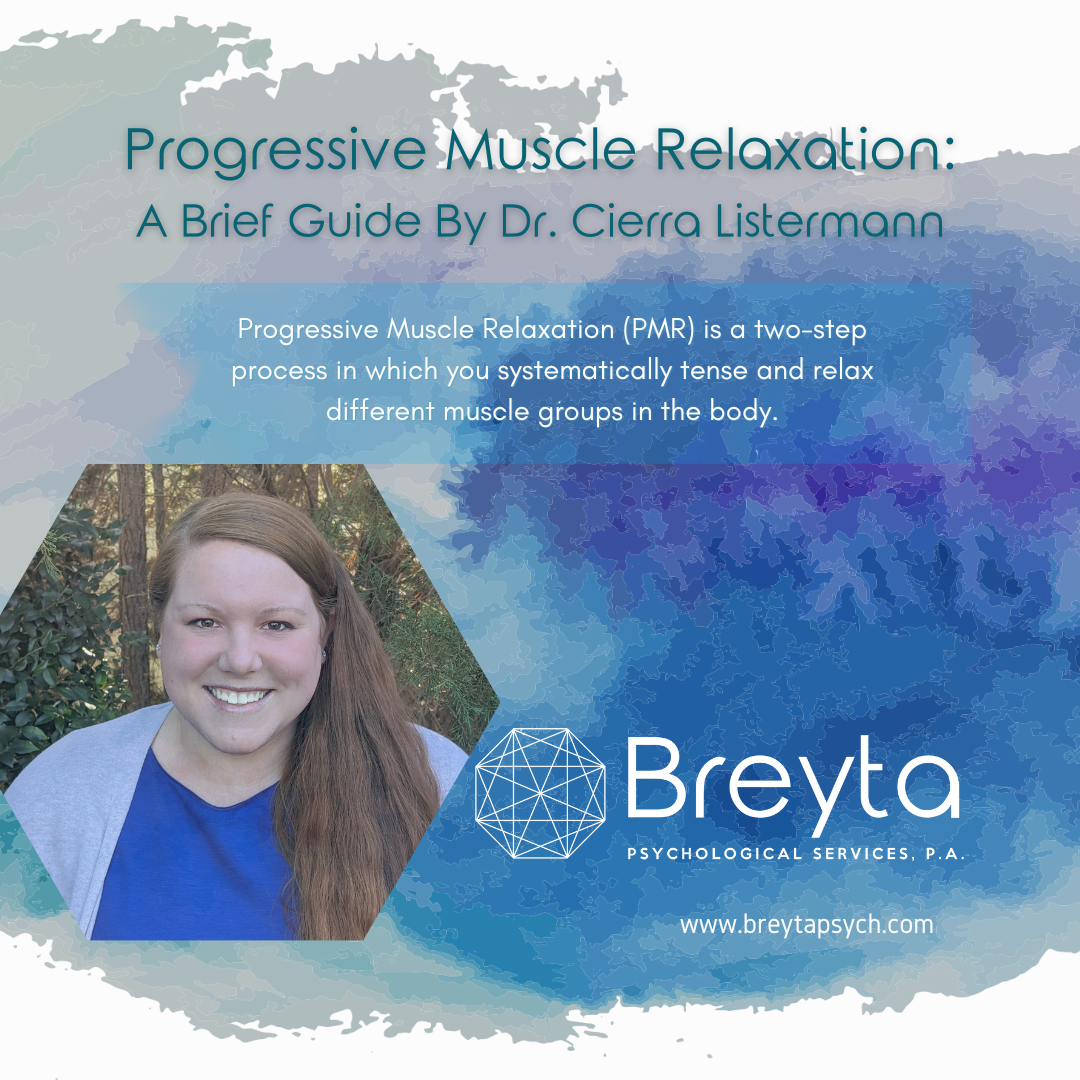The Type of ACE You Don’t Want to Keep Up Your Sleeve
/Understanding ACE Scores and Their Impact
Adverse Childhood Experiences (ACEs) are traumatic experiences that children experience before the age of 18 that can have lasting impacts on their mental and physical health, and general well-being, including the potential development of toxic stress and Post-Traumatic Stress Disorder (not everyone who goes through childhood trauma will develop these). Many kinds of traumas in childhood can be ACEs. Some examples of ACEs include but are not limited to:
Experiencing physical or emotional abuse
Experiencing abandonment or neglect
Losing a family member to suicide
Growing up in a household with substance abuse or alcoholism
Having a mentally ill parent
Having an incarcerated parent
Being a child of divorce or parental separation
Witnessing violence in the home or within the community
ACE Prevalence
According to a study completed by the CDC (Center for Disease Control and Prevention) in 2023, about 64% of U.S. adults reported they had experienced at least one type of ACE before age 18, and nearly 1 in 6 (17.3%) reported they had experienced four or more types of ACEs. With over half of the adults in the U.S. reporting this staggering prevalence of adverse childhood experiences, it is unfortunately more common than not. If you are someone who has experienced an ACE (or multiple), you are not alone.
Trauma-Informed Therapy Can Help
Seeking therapy services from a provider who specializes in trauma can help promote recovery and healing by validating and cognitively processing your experience(s), while also collaboratively working toward minimizing the long-lasting physical, emotional, and psychological impacts of adverse childhood experiences.
An ACE up your sleeve may be a good thing in some instances, however, when it comes to adverse childhood experiences, feeling shame, guilt, and/or self-blame about our trauma often perpetuates our self-protective mechanism to keep it a secret, which only serves to exacerbate negative outcomes that can be lifelong. Please consider showing your “hand” to a trained mental health professional that is trauma-informed, and take the invaluable steps toward living the full life that you deserve despite enduring childhood trauma.
Dr. Cierra Listermann is a clinical psychologist who specializes in the provision of telemental health for the treatment of trauma and PTSD, LGBTQIA+, anxiety (generalized and social), depression, adjustment/life transitions, burnout/stress, family of origin concerns, and women’s issues. To schedule with Dr. Listermann, contact our front desk care team.
References:
1. Centers for Disease Control and Prevention. Preventing Adverse Childhood Experiences.
2. Harvard University. ACEs and Toxic Stress: Frequently Asked Questions.














